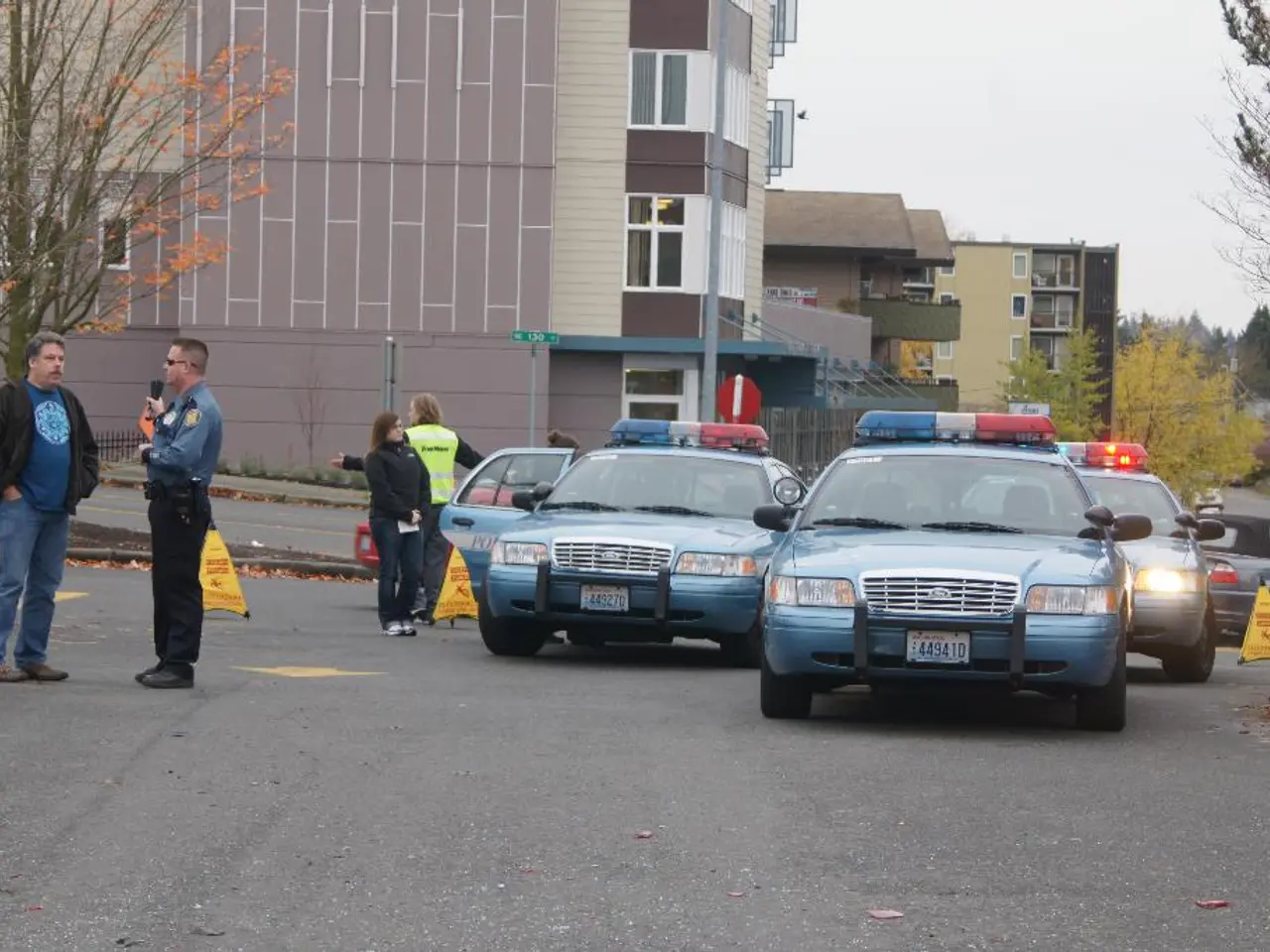Unfair Treatment Towards Single Partnerships in Access Admission
In the midst of the ongoing COVID-19 pandemic, unmarried couples in Germany are facing stricter border entry restrictions compared to their married counterparts. This policy prioritises family reunification and close family relationships, such as marriage, for exceptions from border closures and entry bans.
The Federal Ministry of the Interior (BMI) has defended this approach, emphasising the role of public health and infection control measures in shaping entry criteria. The Ministry highlights that exceptions mainly apply to recognised family members to limit cross-border movement and reduce COVID-19 spread risks. While skilled workers and trainees continue to be issued visas, entry for unmarried couples remains tightly regulated to restrict non-essential travel and preserve public health.
This policy has led to difficulties, with family reunifications involving unmarried couples or non-traditional partnerships sometimes being cancelled or delayed, causing increased procedural times. The BMI has defended these measures as necessary amid fluctuating COVID-19 variants and infection rates, which occasionally result in tightened border controls or even temporary closures if neighbouring countries do not effectively contain virus spread.
Greens' policy spokeswoman in the German Bundestag, Franziska Brantner, has accused the federal government of discriminating against unmarried couples at the border when entering from countries heavily affected by virus mutations. Brantner suggested that the federal government should allow unmarried couples to enter together with a joint declaration, stating that "love is not tourism".
The BMI responded to Brantner's request, stating that unmarried foreign partners do not fall under the narrowly defined exceptions according to the Corona Protection Ordinance. Brantner has criticised the federal government for not learning from the mistakes of the first lockdown and continuing to discriminate against unmarried couples at the borders.
A young couple was featured in a photo by dts Nachrichtenagentur, symbolising the challenges faced by unmarried couples during the pandemic. The policy of the federal government has been criticised for not allowing unmarried couples to enter together, with Brantner's criticism focusing on the perceived discrimination against unmarried couples at the borders.
Despite the federal government's justification of the unequal treatment with the risk of further spreading the virus, the policy remains a subject of ongoing debate and criticism.
[1] [Link to official government statement] [4] [Link to news article about family reunification delays] [5] [Link to news article about border closures due to virus spread]
- The ongoing debate regarding policy-and-legislation surrounding border restrictions during the COVID-19 pandemic highlights the role of politics, especially in light of the controversy surrounding the entry of unmarried couples.
- The German Bundestag has seen intense discussion over the general-news topic of unmarried couples facing difficulties with family reunifications due to stricter border regulations, sparking accusations of discrimination by certain political figures.







